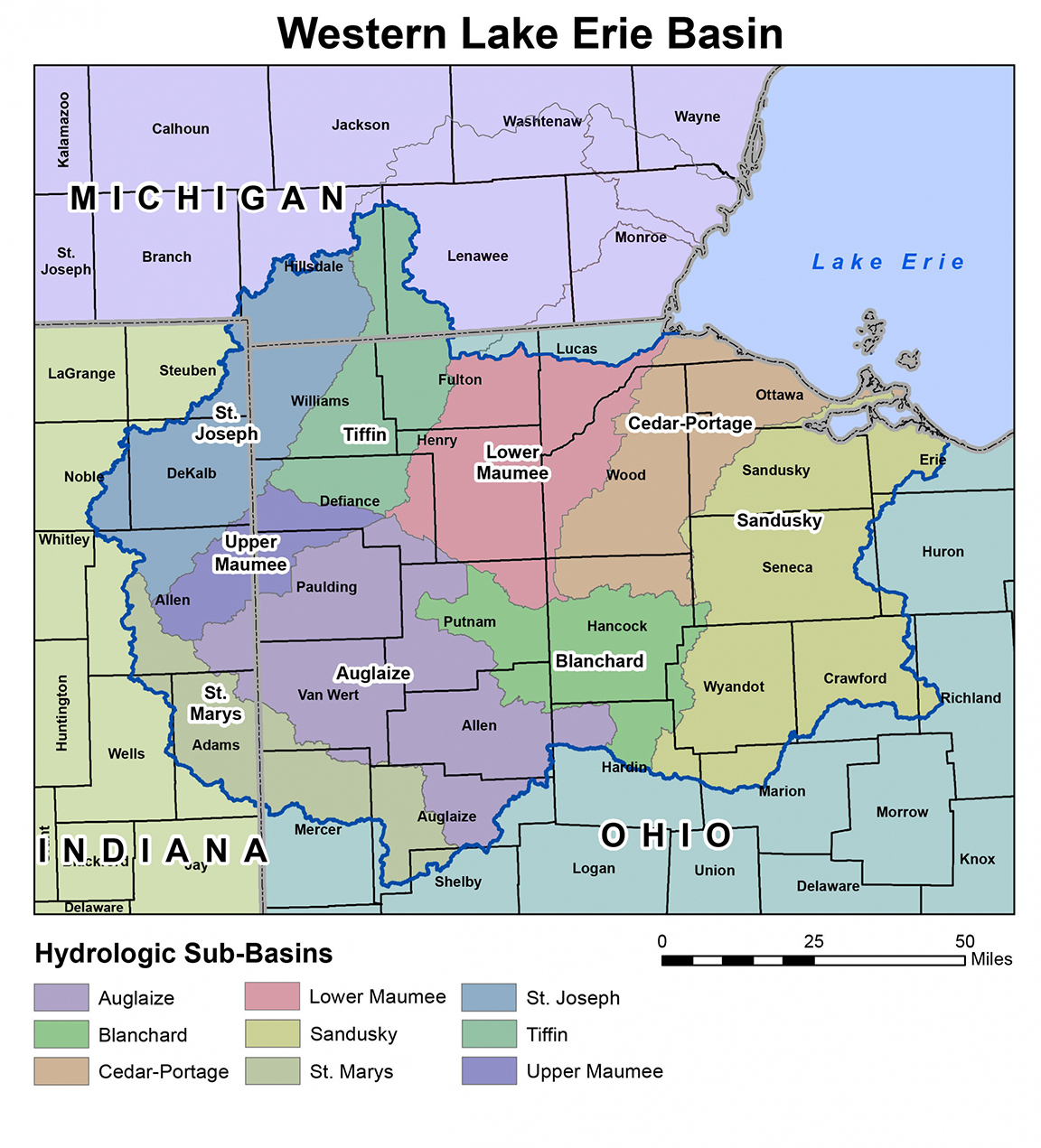Session 2
Advances in Monitoring, Approaches and Technology
Five Years of Enterococci qPCR in Chicago: Research to Practice
Kendall Anderson
Kendall Anderson is an environmental epidemiologist who specializes in micro/molecular biology for recreational water and drinking water in sub-Saharan Africa. He has worked in this field since 2014 at Georgia Southern University and most recently in Chicago Illinois from 2016 onward at the University of Illinois at Chicago and the Chicago Park District. Currently Kendall is employed by the Chicago Park District as the project manager for beach water quality in which he oversees the administration of the beach water quality monitoring program he helped develop while at the University of Illinois along with Drs. Shrestha and Dorevitch. Recently his roles have expanded to encompass marine trash mitigation and using remote sensing data via small unmanned aircraft systems (sUAS) and time series photography to understand beach erosion in collaboration with Illinois Coastal Management. Kendall obtained a masters of public health in epidemiology from Georgia Southern University in 2016 and a masters of science in environmental and occupational health from the University of Illinois at Chicago in 2019.
Towards a Quantitative Human Fecal Source Identification Recreational Water Quality Management Tool
Orin Shanks
Dr. Orin C. Shanks is a Senior Scientist for the United States Environmental Protection Agency in the Office of Research and Development Center for Environmental Measurement and Modeling. His primary research focus is the development, validation, and implementation of molecular technologies for environmental water quality management. Over the years, he has investigated the identification of host-associated genetic markers of fecal pollution, development of quantitative DNA-based molecular methods, as well as fate and transport of nucleic acids. Dr. Shanks received his undergraduate and master’s degrees from the University of Wyoming and his Ph.D. from Oregon State University.
Using Next Generation qPCR to Monitor for Toxic Cyanobacteria
Laura Webb
No Bio Delivered
Antimicrobial Resistance in Wastewater Effluent Streams Discharging to Urban Coastal Waters
Josh Steele
Dr. Joshua Steele is a microbiologist who specializes in environmental microbiology and microbial ecology, including cultivation-independent tracking of pathogens and natural microorganisms in the coastal ocean and watersheds. While at the California Institute of Technology, he focused on applying next-generation sequencing, metagenomics, metaproteomics, and biogeochemical rate measurements to study deep-sea methane seep microbial communities. His research involves development and application of molecular techniques to detect and track pathogenic bacteria and viruses, determine their viability and infectivity, and link them to beachgoer risk using statistical models; application of next-generation sequencing and metagenomics to connect the environmental microbiome and antibiotic resistome to water quality, ecosystem health, and health risk; and using bioinformatics tools to measure natural populations and community-wide changes in genes or gene expression in response to environmental changes. He received his B.S. in molecular biology in 2000 from the University of California, San Diego and his Ph.D. in biological oceanography in 2010 from the University of Southern California. He joined SCCWRP in January 2014.
Derivation of the Equivalent qPCR Value for Escherichia coli to Existing Culture-based Water Quality Standards for Monitoring Beaches in Michigan
Shannon Briggs
Shannon Briggs has a Ph.D. in Pharmacology and Toxicology and is a Toxicologist with the Michigan Department of Environment, Great Lakes, and Energy. Dr. Briggs administers grant funds to local health departments to support beach monitoring and source tracking at 400 regularly monitored beaches. Dr. Briggs is also a member of the Great Lakes Beach Association that has annual meetings and a beachnet list serv. Significant improvements for monitoring beaches have been adopted in Michigan, including the use of beach sanitary surveys and a lab network of 15 labs with quantitative polymerase chain reaction (qPCR) instruments to monitor for E. coli and other genetic markers to identify hosts of fecal contamination. Recently, the lab network grew to 18 labs that received a digital droplet instruments and were trained to monitor 3 gene targets for a wastewater surveillance pilot project. Dr. Briggs continues to work with many partners to improve beach water quality.
Use of Novel Autonomous Technology for Improved Water Quality Monitoring in High Priority Recreational and Shellfish Harvesting Waters
Denene Blackwood
Denene Blackwood is a research specialist with the University of North Carolina at Chapel Hill at the Institute of Marine Sciences. Ms. Blackwood graduated from the UNC-CH with a degree in biology. She has worked in the fields of molecular and environmental microbiology for over 20 years, co-authoring over 40 publications. Excelling in methods development and novel technologies, Ms. Blackwood has submitted two patent applications and led six workshops training the next generation of scientists in molecular applications. In her free time, Ms. Blackwood enjoys gardening, boating, cooking, and spending time with her daughter Jessie.
Predictive Models and Fast Detection of Coliphages for a Paradigmatic Improvement in Rapid Assessment of Water Quality
Anicet Blanch
Anicet R. Blanch is Full Professor of Microbiology at the University of Barcelona. His research in Water and Environmental Microbiology is focused on the development of selective and specific methods for the detection of bacteria, on Microbial Source Tracking and on the use of bacteriophages as viral indicators in water, food and sludge. He is participating in national and EU-projects since 1988. He has also expertise on innovation and knowledge management and has been participating as member of technical panels in standardisation agencies (AENOR/CEN/ISO). He is member of the Directive Board of the Water Research Institute at the University of Barcelona, and trustee of the Technology Transfer Foundation of the University of Barcelona.
Portable System for Early Detection of Harmful Algal Bloom Toxins
Sarah Bickman
Sarah Bickman is a senior scientist and the product manager of the water and food division at LightDeck Diagnostics. She has been at LightDeck for 8 years and has contributed to all aspects of the development of the system including assay development, engineering, and improvements for manufacturability. Prior to working at LightDeck, Dr Bickman worked in lasers and optics at Vescent Photonics and the National Institutes of Standards and Technology. She received her PhD in atomic physics from Yale University and her BA from Amherst College in both physics and anthropology.

